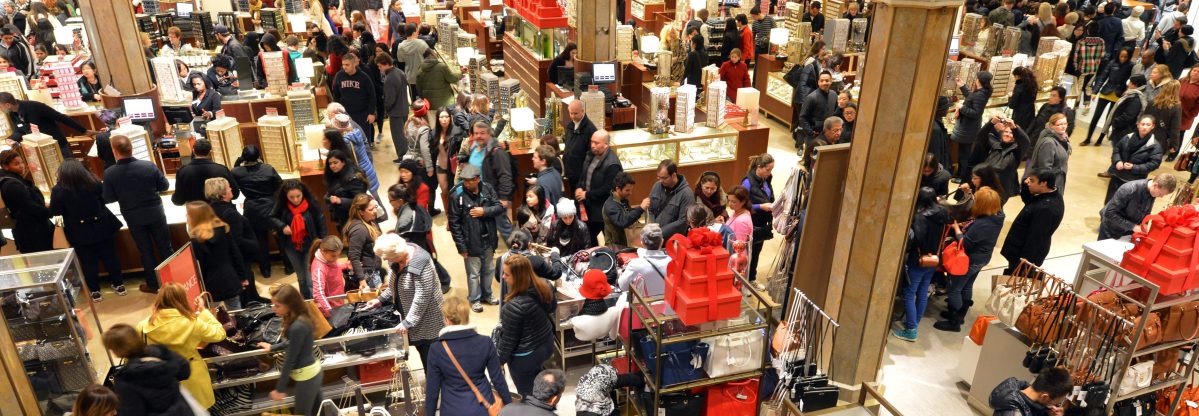Many brick and mortar retailers are apparently no longer buying into the idea that they have to participate in the madness that is Black Friday.
In years past, stores have opened early on the day after Thanksgiving — in some cases as early as Thursday evening, ensuring employees wouldn’t get a full turkey dinner, in an effort to attract costumers. The desperation grew to draw customers as online sites like Amazon cut into their sales.
But at some point the cost becomes too great.
“Thanksgiving and Black Friday sales can be as punishing for retailers as they are for shoppers, between paying employees overtime (or facing P.R. backlashes if they don’t) and having to sell ‘door-buster’ deals at steep discounts to draw people in,” writes The New Yorker‘s Vauhini Vara. “This year, it seems, some brick-and-mortar retailers have begun to feel that whatever benefit they get from early openings isn’t worth the trouble.”
Outdoor-gear store R.E.I. made news last month by announcing it would close its stores entirely on Black Friday but still pay employees to ensure that they could enjoy the holiday weekend.
Cowen & Co. retail analyst Oliver Chen told The New Yorker that the advertised deal could backfire if the store runs out of stock, leading to consumer frustration. And frustrated customers tend not to come back.
That has led to brick and mortar giants making more of their sales available through their websites, an unheard of strategy just a few years ago. Walmart, for example, is making 96% of its in-store deals available online.
This article was featured in the InsideHook newsletter. Sign up now.
























